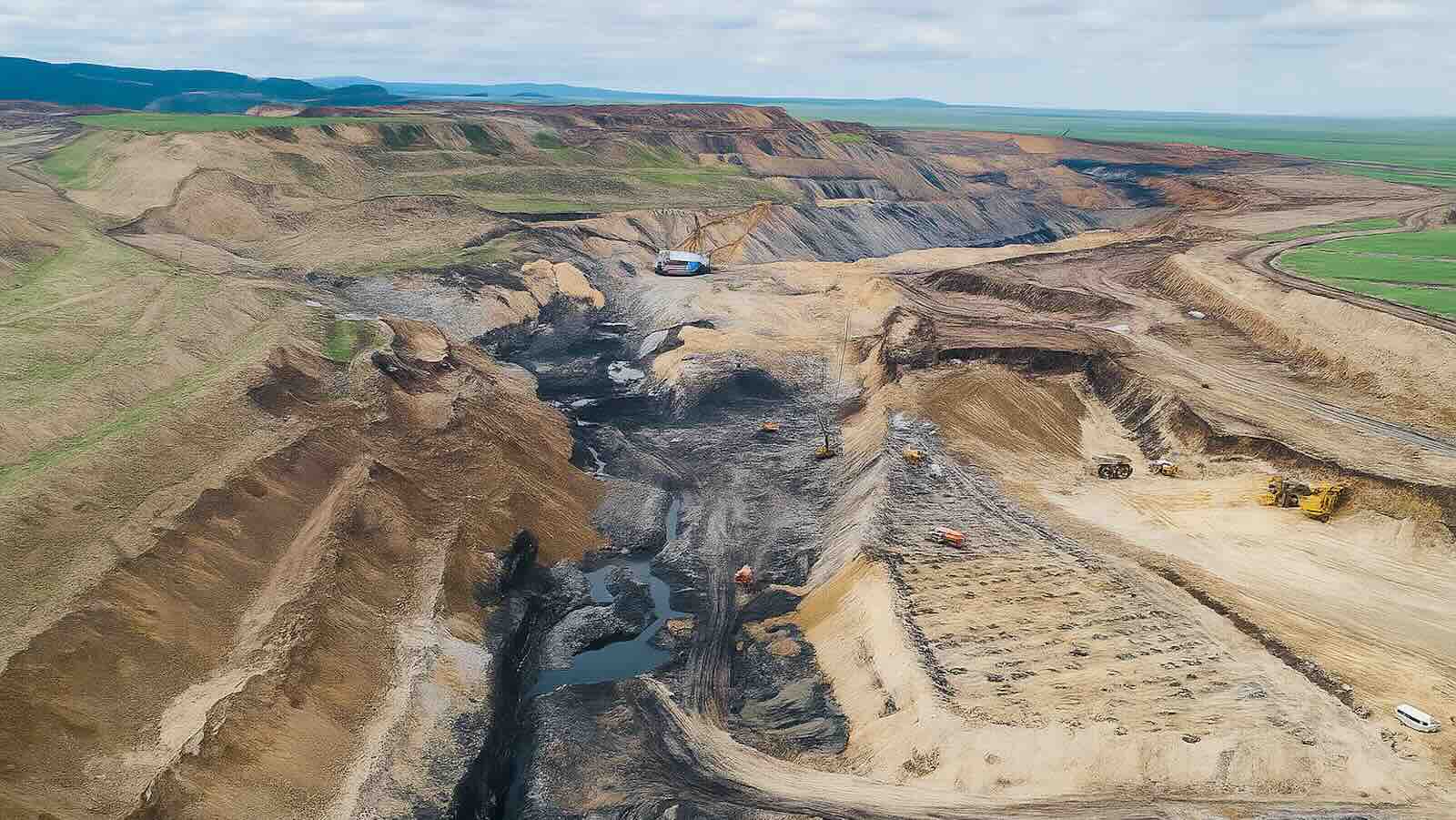In a major breakthrough for energy innovation, Chinese researchers have identified vast reserves of thorium in Inner Mongolia’s Bayan Obo mining area—an alternative nuclear fuel with the potential to transform global energy. The discovery, totaling around one million tons of thorium, could supply China’s energy needs for tens of thousands of years, offering a sustainable path forward for nuclear power.
Thorium Reserve Signals a New Era for Nuclear Energy
The enormous thorium find in Bayan Obo represents a pivotal shift in how China—and possibly the world—approaches long-term energy production. With estimates suggesting this reserve alone could fuel China for up to 60,000 years, experts are calling it a near-limitless resource.
Though its estimated market value stands at approximately $178 billion, the true impact of thorium lies in its efficiency and safety as a nuclear fuel. Unlike uranium, thorium is not fissile on its own but can be converted into uranium-232 through neutron absorption, triggering a reliable chain reaction in specialized reactors.
A geologist based in Beijing commented, “For generations, nations have fought wars over oil and gas—yet we’ve had a clean energy solution beneath our feet all along.” Chinese scientists have identified more than 230 thorium-rich sites nationwide, indicating reserves may be much larger than initially believed.
Goodbye to energy dependence – Alaska discovers more than 1,200 TWh hidden under the ice, and the find could change the world
Goodbye Pepsi: Costco makes a major decision that completely changes its strategy with sugary drinks
Alongside this discovery, China continues to push forward in cutting-edge technologies, including quantum computing and artificial intelligence, reinforcing its lead in global innovation.
Thorium Offers Safer, More Sustainable Nuclear Power
What sets thorium apart is its superior safety profile when compared to uranium. Radioactive waste from thorium reactors loses its toxicity within a few hundred years, whereas waste from uranium-235 remains hazardous for millennia. This critical advantage could redefine public perception of nuclear energy.
The thorium fuel cycle also enables a self-sustaining process, as the neutrons produced in transmutation can be reused to process more thorium. This loop increases energy yield and supports long-term sustainability—an attractive proposition for any country facing rising energy demands.
Still, mining thorium presents environmental concerns. Studies have reported air pollution and radioactive risks in regions surrounding extraction sites. As China moves forward, implementing safer mining practices and environmental protections will be vital.
The country has already shown its green energy commitment through massive solar projects—like the 250-mile solar installation meant to power Beijing—indicating a balanced energy strategy blending renewables with next-generation nuclear options.
China’s Role in the Global Energy Transition
With this discovery, China strengthens its strategic position in the global energy race. Its investments in alternative energy—from nuclear fusion facilities to mega-scale solar parks—underscore an intent to become self-sufficient and coal-free by 2035.
Ongoing construction of a major nuclear fusion research hub confirms this ambition. By developing both fusion and thorium-based solutions, China appears determined to future-proof its energy system.
Coca-Cola shocks fans by bringing back iconic 1980s soda flavor
How detonating a nuclear bomb could protect planet Earth
Buys a coal mine for $2 million and discovers metals worth up to $36 billion
Thorium reactors, once operational, could set new global standards for nuclear technology. China’s engineers and physicists are already working on advanced designs tailored specifically to thorium fuel, aiming to revolutionize the field and potentially export these technologies abroad.
This push goes hand-in-hand with the country’s broader technological reach, which includes everything from high-resolution orbital surveillance to AI-powered smart cities. The energy sector is just one front in China’s larger campaign to lead in science and innovation.
While practical deployment of thorium technology still faces engineering and regulatory hurdles, this landmark discovery is a significant step toward sustainable global energy. With careful planning, it could change how the world thinks about power—starting with China, and potentially reaching far beyond its borders.
